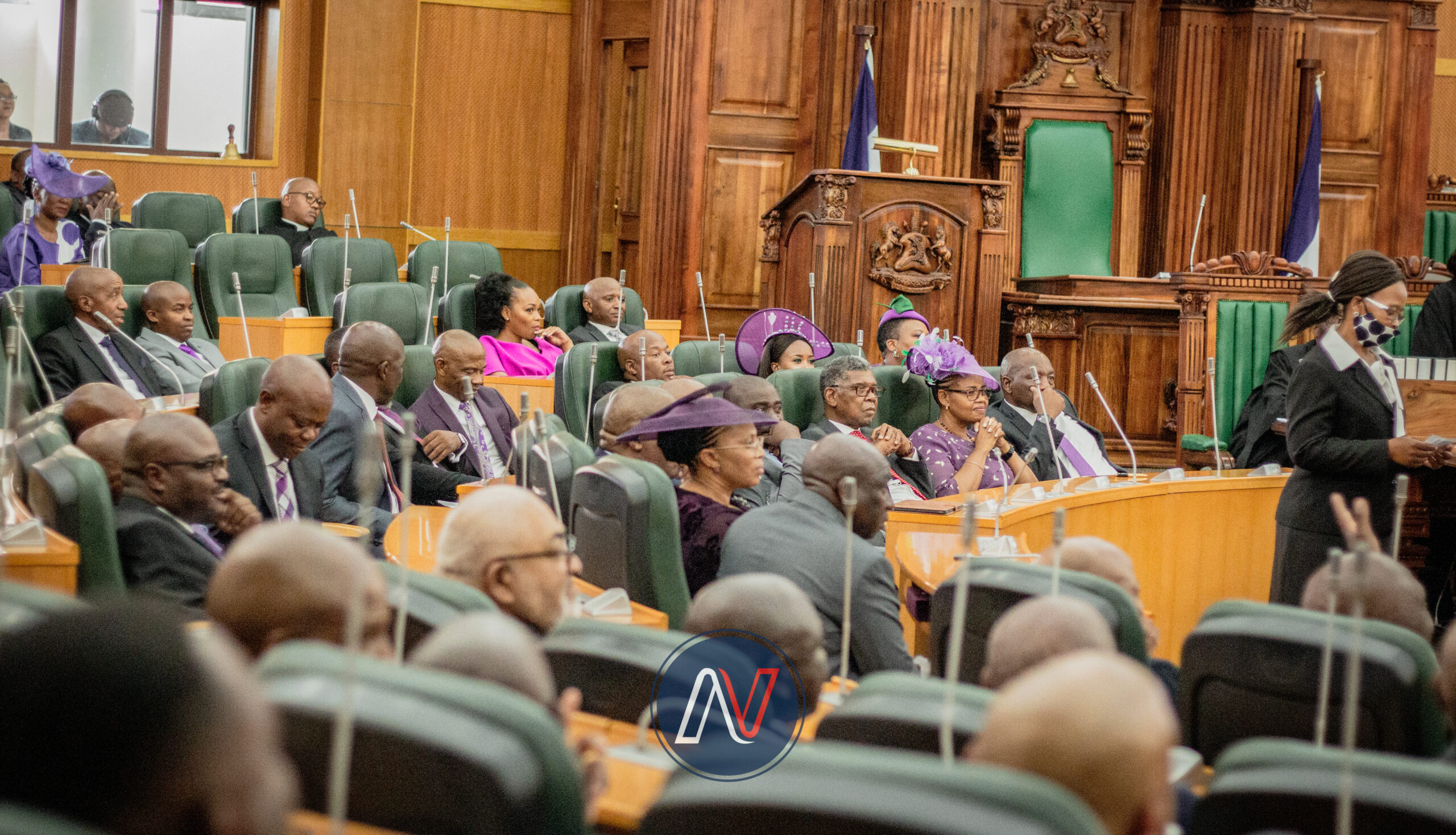Theko Tlebere
In Lesotho’s political landscape, few institutions are as praised in principle yet dismissed in practice as the Public Accounts Committee (PAC). Established to hold government ministries accountable for public spending, the PAC serves as Parliament’s watchdog. However, many Basotho perceive it as a toothless dog vocal during hearings but ineffective when the media attention fades. This perception is not unfounded; as Lesotho undertakes reforms, this week’s article seeks to explore how the PAC must move beyond mere bark.
The PAC is responsible for examining the Auditor-General’s reports, questioning public officials about irregularities, and recommending corrective actions. The Constitution, the Audit Act of 2016, and the Public Financial Management and Accountability Act of 2011 empower it to “send for persons, papers, and records.” However, what happens after the hearings, which often involve outbursts, apologies, and polite assurances? Usually, the answer is nothing.
In theory, the PAC should be one of the most influential committees in Parliament. In practice, its authority stops where enforcement begins. While it can expose misconduct, it lacks the power to impose penalties. If a ministry misuses public funds, the PAC can only recommend that the Directorate on Corruption and Economic Offences (DCEO) or the police investigate further. The committee itself cannot recover funds or prosecute wrongdoers, leaving accountability reliant on other institutions, a tenuous arrangement in Lesotho.
The PAC submits its reports to Parliament, but there are no laws requiring the executive to respond within a specific time frame, nor is there a system to track whether ministries address identified issues. This results in a cycle of exposure without resolution and public drama without consequences.
Additionally, there are concerns about objectivity. Globally, Public Accounts Committees are typically chaired by opposition members to reduce political bias. In Lesotho, this is mandated by the Standing Orders, but the fact that such chairpersons are elected by the majority party raises questions about impartiality and erodes public trust. Citizens often view the committee not as a guardian of accountability but as a political tool to embarrass opponents or shield allies.
To enhance objectivity, the PAC should be professionalised. It requires a dedicated team of financial analysts, legal experts, and researchers to assist Members of Parliament (MPs) in interpreting audit findings. Without this technical support, hearings may devolve into political theatre rather than rigorous evidence-based scrutiny.
Lesotho is not unique in facing these challenges. Many parliaments across the SADC region are working to improve their PACs. For instance, Mozambique offers valuable lessons. Its oversight system operates in two layers: the Tribunal Administrativo, the Supreme Audit Institution, which audits the government’s annual accounts and submits a report to Parliament. A specialised parliamentary body, the Plan and Budget Commission, then conducts hearings, interrogates ministers, and issues resolutions based on the findings.
The distinction lies in structure and follow-up. Mozambique’s laws establish clear timelines: the executive must submit its accounts within six months after the fiscal year; the Tribunal has ninety days to conduct the audit; and Parliament must discuss and adopt recommendations within a set time frame. Moreover, the process is transparent, featuring live broadcasts of hearings, online publication of reports, and opportunities for civil society to participate or comment. The Tribunal also possesses limited quasi-judicial powers; it can issue rulings on financial liability and mandate the recovery of misused funds, thereby enhancing the impact of its findings. Furthermore, Parliament maintains a public recommendation-tracking matrix that records which ministries have implemented reforms and which have not.
While Mozambique faces its own challenges with corruption and delayed audits, its system exemplifies that oversight can be systematic rather than merely symbolic.
If Lesotho is serious about fiscal accountability, it must progress beyond merely exposing scandals to enforcing solutions. The first step is to ensure that the PAC is led by an opposition member who can withstand partisan pressures, as is standard in many Westminster-style democracies. Such leadership bolsters independence and conveys that the committee’s mission is national rather than partisan.
The second step is to require that every ministry formally respond to PAC reports within a defined time frame, perhaps sixty days, detailing the actions taken to rectify irregularities. The third step is to improve visibility by creating a public digital dashboard that tracks which recommendations have been implemented, which are pending, and which have been ignored.
The fourth step involves professionalising the PAC’s operations by providing it with permanent researchers, economists, and accountants who can help members understand complex financial statements, transforming hearings from political spectacles into genuine accountability sessions.
Lastly, there must be institutionalised collaboration among the PAC, the Office of the Auditor General (OAG), and the Directorate on Corruption and Economic Offences (DCEO) through a memorandum of understanding that ensures automatic referral and follow-up on serious audit findings.
These reforms are not radical; they represent practical steps that would transform the PAC from a ceremonial body into an effective mechanism for protecting public resources. Additionally, they would enhance the visibility of the PAC’s work to citizens who fund government programs with their taxes. Transparency is the most powerful antidote to corruption. When the public can see not just who has been questioned, but what has been resolved, trust in Parliament and democracy strengthens.
The PAC is often seen as a forum for political posturing. However, if used effectively, it can become one of democracy’s strongest tools. It reminds Parliament that public funds belong to the people, not to ministries, politicians, or bureaucrats. In a country where every loti counts, and where hospitals lack medicine and schools lack books, financial accountability is essential for survival.
The PAC should not merely bark at corruption; it should actively work to stop it. This requires not only a louder voice but sharper teeth. Lesotho’s Constitution grants Parliament the power to hold the executive accountable; what remains is the political will to utilise it. When the PAC transitions from merely offering testimony to achieving tangible results, from exposure to enforcement, Basotho will finally recognise it for what it was intended to be: not a dog without teeth but a watchdog ready to bite when the nation’s resources are at risk. The future is NOW!
Summary
- The Constitution, the Audit Act of 2016, and the Public Financial Management and Accountability Act of 2011 empower it to “send for persons, papers, and records.
- The PAC submits its reports to Parliament, but there are no laws requiring the executive to respond within a specific time frame, nor is there a system to track whether ministries address identified issues.
- The first step is to ensure that the PAC is led by an opposition member who can withstand partisan pressures, as is standard in many Westminster-style democracies.

Your Trusted Source for News and Insights in Lesotho!
At Newsday Media, we are passionate about delivering accurate, timely, and engaging news and multimedia content to our diverse audience. Founded with the vision of revolutionizing the media landscape in Lesotho, we have grown into a leading hybrid media company that blends traditional journalism with innovative digital platforms.









